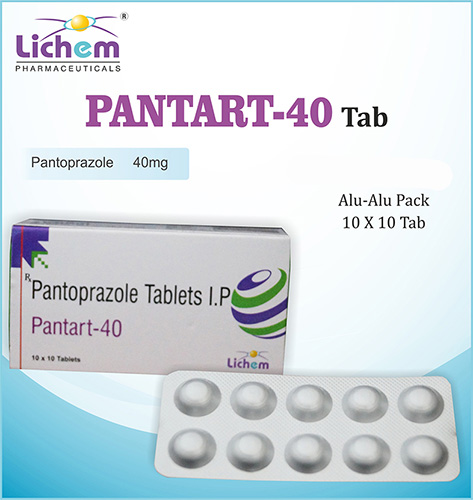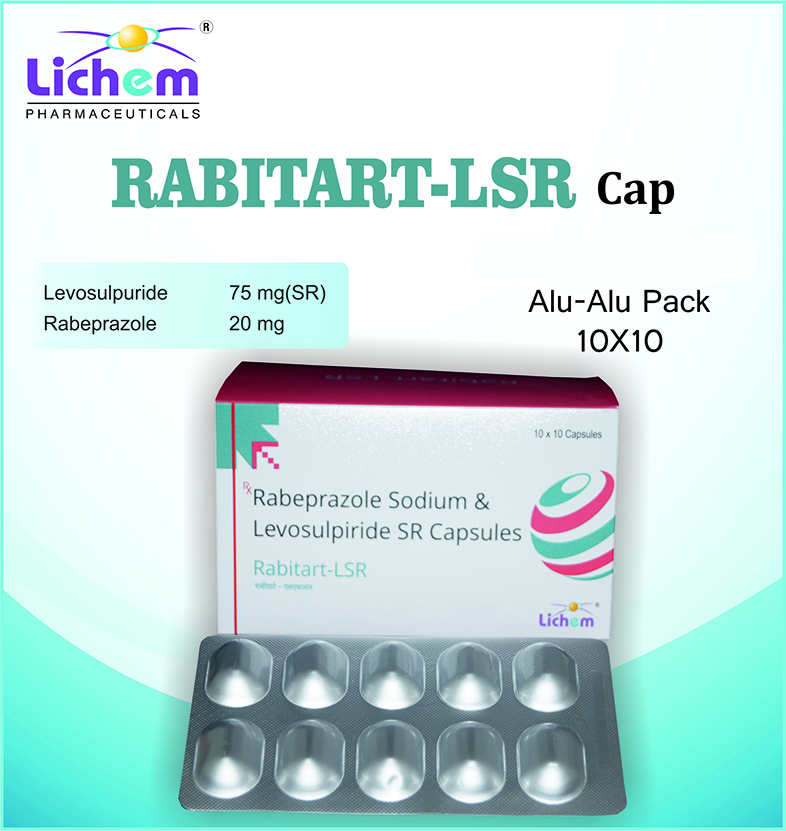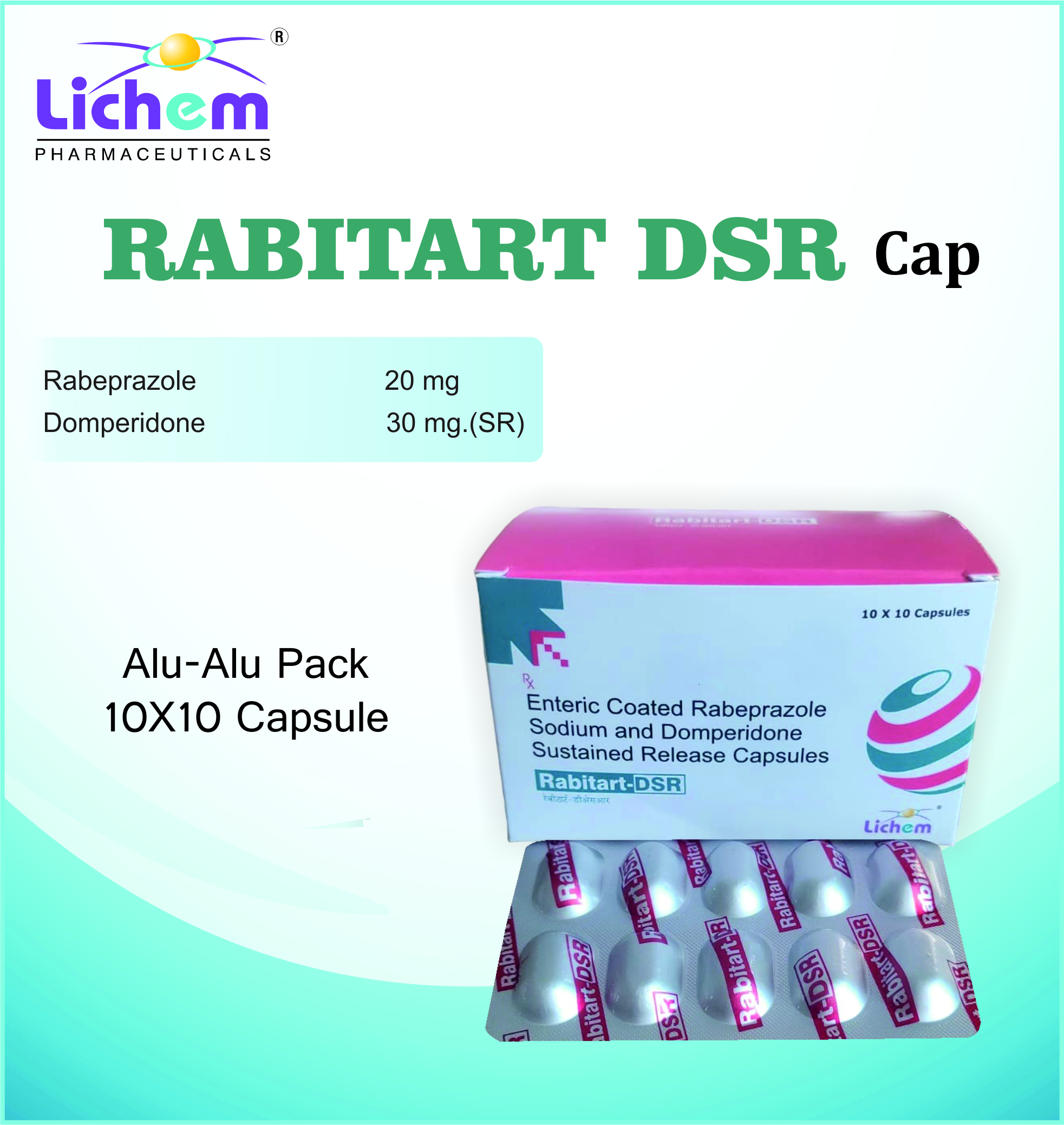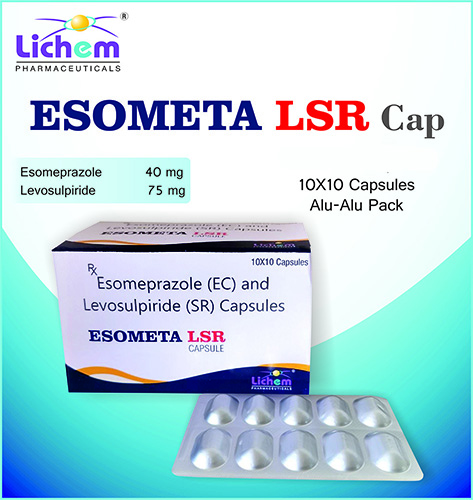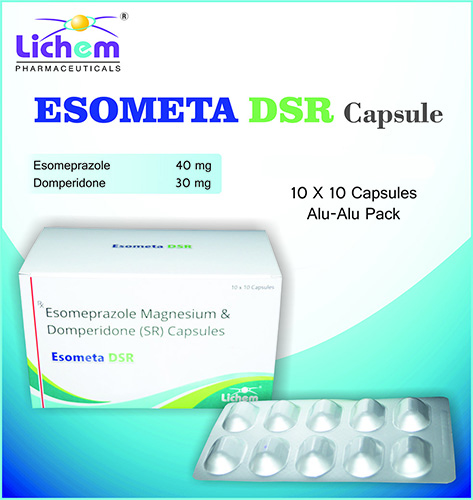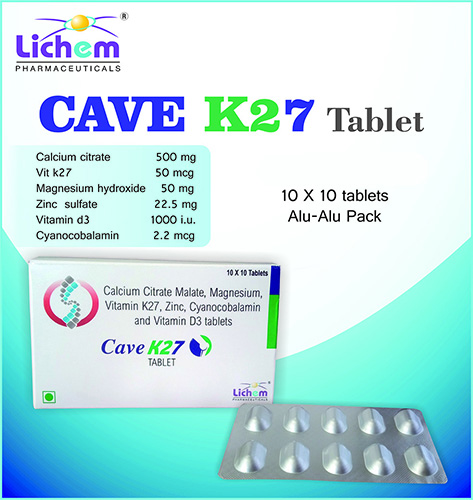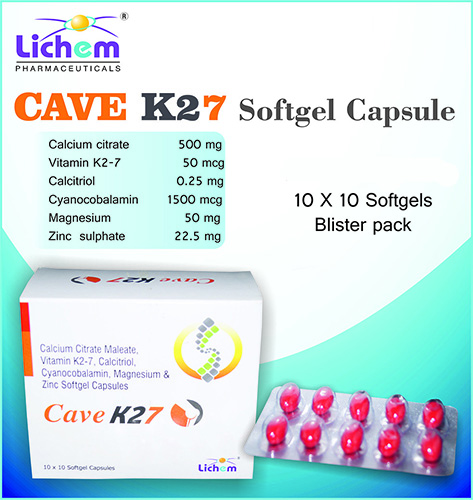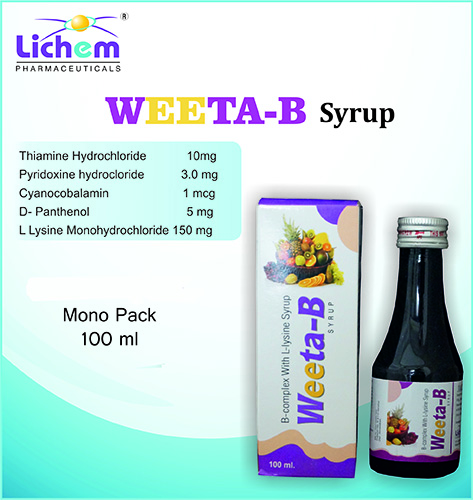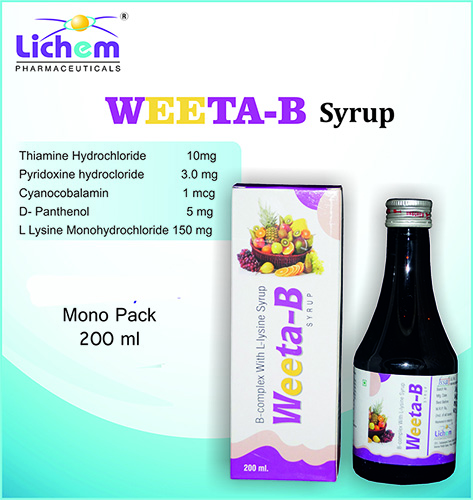Composition : Pantoprazole 40mg. Pantoprazole is a prescription medication belonging to a class of drugs called proton pump inhibitors (PPIs). Here's a breakdown of its uses and important considerations: Function: Reduces stomach acid production by blocking an enzyme (H+/K+ ATPase) in the stomach lining responsible for acid secretion. Uses: Treating Gastroesophageal Reflux Disease (GERD): GERD is a chronic digestive disorder where stomach acid flows back up into the esophagus, causing irritation and symptoms like heartburn, acid reflux, and chest pain. Pantoprazole helps reduce acid production, providing relief from these symptoms. Promoting Healing of Peptic Ulcers: Peptic ulcers are sores that develop in the lining of the stomach (gastric ulcers) or the upper part of the small intestine (duodenal ulcers). By reducing stomach acid, Pantoprazole creates a more favorable environment for ulcer healing. Other Acid-Related Conditions: In some cases, it might be used for other conditions where reducing stomach acid is beneficial, such as Zollinger-Ellison syndrome (a rare condition that causes excessive stomach acid production). INDICATIONS GERD Z.E.Syndrome Acute UGI Bleeding Hiatus Hernia Hyperacidity
Send Message